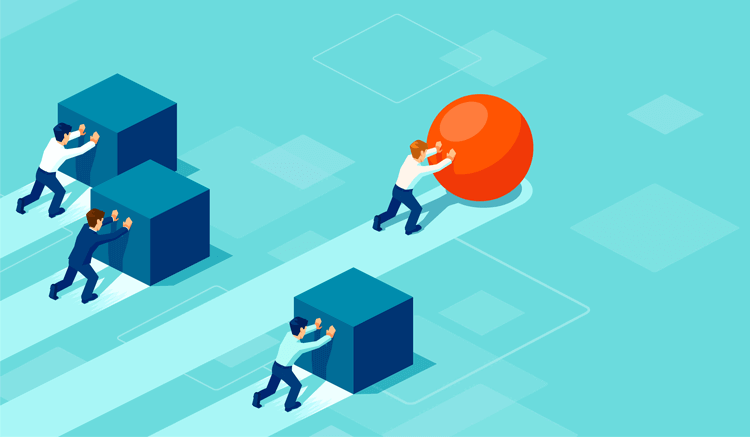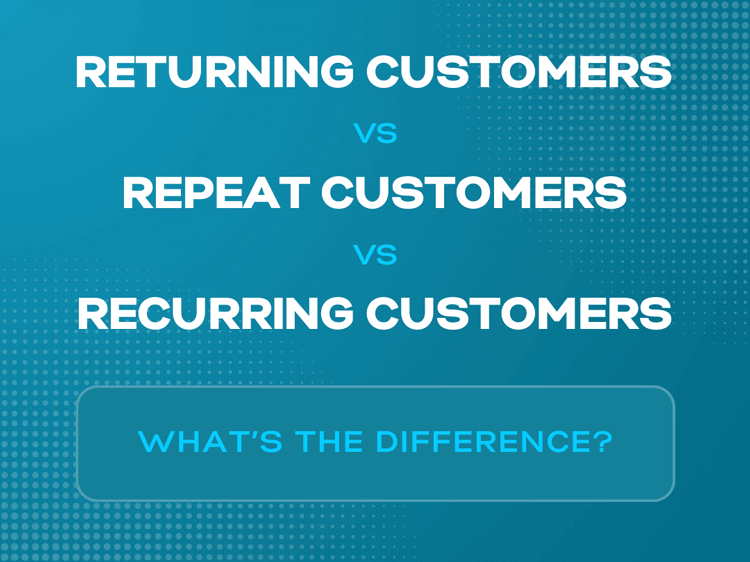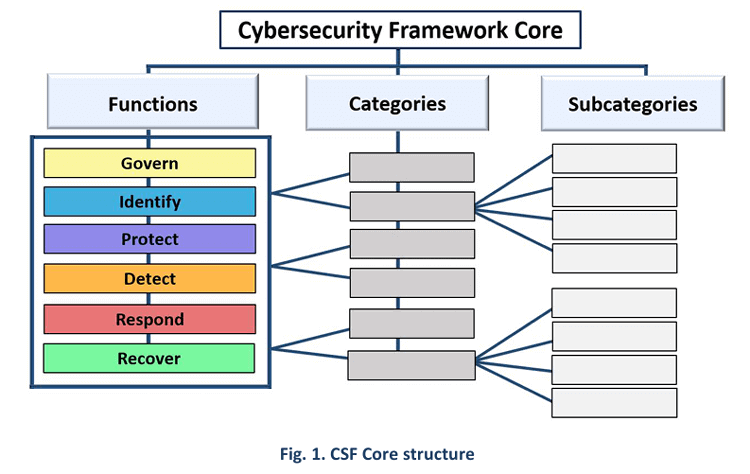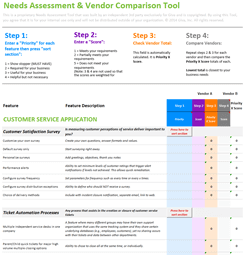Top 15 Customer Service Examples for B2B Specifically: Best Practices and Technologies
In customer service, the needs of B2B customers can differ dramatically from B2C ones. While certain customer service practices may apply to both, and often should, B2B relationships are different enough to require strategies tailored for that business environment.
In this article, we'll offer 15 customer service examples that are targeted specifically for B2B companies. These examples incorporate the unique requirements of business clients, helping customer service teams design a strategy for top-notch support for and personal attention to their customers.
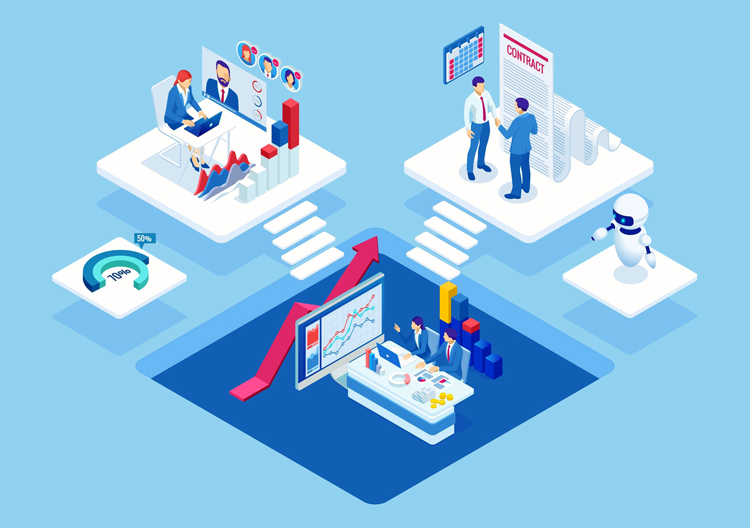
Key Differences Between B2C and B2B Customer Service Strategies
But first, let's briefly consider some important differentiators in the requirements of B2C vs. B2B customer service:
-
Complexity and Customization
B2B relationships often mean the need to provide more complex and/or customized service, including specific contracts that might include Service Level Agreements (SLAs), etc. B2C generally focuses on standardized services or products.
-
Multiple Stakeholders
B2B customer service often deals with various types of decision-makers within an organization, such as IT, HR, Facilities, etc. B2C typically interacts with individuals.
-
Long-Term Partnerships
B2B customer service is often about building long-term, strategic partnerships, while B2C is usually centered around transactional interactions.
15 Unique B2B Customer Service Examples
With those key differences noted, here's a list of 15 customer service practices designed specifically for B2B:
-
Account Management with Custom Contracts
B2B clients often need customized contracts with unique terms, pricing, and conditions. These require dedicated account managers who understand their particulars and nuances.
-
Multiple Stakeholder Engagement
Unlike B2C, where the relationship is often one-to-one, B2B services usually involve multiple stakeholders across various departments. Some examples might be IT, Finance or HR. Communication and support needs to be coordinated among them all.
-
Combined Strategic Planning
B2B companies frequently work with clients to develop long-term strategic plans that align with the clients' business goals. This involves high-level collaboration between both companies.
-
Complex SLAs and Penalty Clauses
B2B contracts typically include detailed Service Level Agreements (SLAs) that outline service expectations. These often include performance metrics and even penalties for not meeting the agreements.
-
Client-Specific Onboarding and Training
Onboarding is typically more complex in B2B, often involving multiple departments within the client's organization. This usually involves detailed training on how to integrate products or services into their workflows.
-
Post-Sales Support and Expansion Strategies
In B2B, customer service includes helping clients expand their use of the products or services across different teams or regions.
-
Dedicated Customer Success Teams
B2B companies often have entire teams dedicated to managing customer success. They focus on maximizing product or service value to try to ensure long-term customer satisfaction.
-
Customized Solutions for Business Needs
B2B customers often have specific operational or strategic goals, which is less common in B2C. This requires B2B providers to focus on adapting existing products or services to meet those needs.
-
Collaborative Product Development
Aside from existing solutions, B2B clients may also be involved in helping create or collaborate on new product features. These are usually based on feedback about their specific business needs and industry insights.
-
Technical Integration and Application Programming Interface (API) Support
B2B services often require integration with the client's existing systems through APIs or other technologies. This then requires a higher level of technical support and expertise that's usually unnecessary in B2C.
-
Vendor Management and Compliance
B2B clients typically have compliance requirements for industry regulations or vendor management standards. With that then, customer service teams need to be familiar with and support the legalities and specifications.
-
Industry-Specific Expertise
B2B clients implicitly expect their service providers to have deep knowledge of their industry. This will show itself in product development fitted for the client's industry, and would include insights into how to best use product or service offerings for their business sector.
-
Client-Specific Data and Performance Dashboards
Providing detailed, client-specific reports and dashboards to track usage, performance, and ROI is much more important in B2B customer service than B2C. It goes beyond general analytics, including personalized metrics that matter most to the client's business.
-
Quarterly Business Reviews (QBRs)
B2B companies often conduct Quarterly Business Reviews (QBRs) with clients to discuss the performance of the service or product, assess ROI, and strategize future plans.
-
Contract Renewal and Negotiation Support
The contract renewal process in B2B can often involve lengthy negotiations. Customer service teams may assist with providing data, performance reports, and value assessments to help justify renewals.
How Technology Can Help With B2B Customer Service
Technology is often considered for assisting support groups in B2C companies. But, it can also help in B2B customer service. Here are how the business and support sides of B2B companies can benefit from new technologies:
-
AI and Automation
AI and automation can streamline processes and enable more personalized interactions.
A few examples:
- Automation can provide insights that analyze client data to predict potential issues, allowing support teams to offer proactive solutions
- AI can gather usage data and client feedback for product innovation
- AI can monitor client health scores, flagging at-risk accounts before they become problematic
- Automation can help streamline vendor management and compliance by tracking vendor performance against regulatory standards
-
Self-Service Portals and Knowledge Bases
Self-service portals and AI knowledge management give B2B clients the tools to solve problems independently.
A few examples:
- Comprehensive resources and guides allow clients to educate themselves and troubleshoot issues without needing direct support
- AI-driven knowledge bases can provide relevant and customized resources based on the client's industry
- Self-help portals allow easy access to performance metrics
-
Proactive Customer Service
Proactive customer service with the help of AI and predictive analytics can help B2B companies understand clients' needs and resolve potential issues before they become major problems.
A few examples:
- AI tools can analyze client feedback and usage data to identify opportunities for new features or improvements
- As noted above, technical support teams benefit from proactive monitoring, which can detect issues before they affect client operations
- Sales expansion opportunities can be identified based on client usage patterns, allowing service teams to recommend other beneficial features or services
The Bottom Line: Elevated Care and Long-Term Relationships for B2B Customer Service
Customer service for B2B definitely has its own unique set of requirements. Making it exceptional goes beyond simply resolving support issues: it's about building long-term and strategic partnerships that aim to help customers grow their business.
The B2B-specific customer service examples outlined above emphasize the importance of understanding each customer's unique business needs and providing customized support. Implementing these customer service strategies will help your company stand out and help your clients view you as a valuable partner in their own continued success.
Let Giva Partner with You for Your Customer Support
Even though there are many complexities in providing B2B customer service, customers still have issues that need to be tracked and reported on.
Giva's Help Desk and ITSM software systems can help give your support teams the streamlined processes and robust reporting they need to be at the top of their game.
Features include:
- Real-time custom reporting and KPIs, with full color charts and graphs, which you can create, save, share and schedule for delivery
- Real-time dashboards with a large widget library, which is highly customizable for each agent
- Routing and action rules convert emails into tickets including attachments and embedded images
- Scheduled tasks create recurring tickets in the future
- Auto close rules and workflows
- Customer satisfaction surveys to capture feedback on a continuous basis
- Intuitive design, low training costs and start-up time, and no coding or programming or consultants required
Let Giva support you as you support your customers! Book a free Giva demo to see our solutions in action, or start your own free, 30-day trial today!

